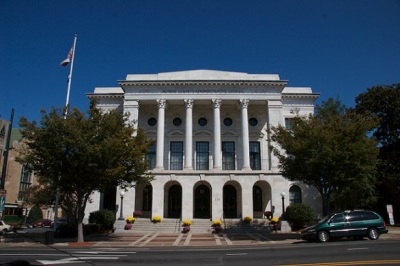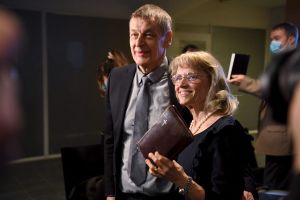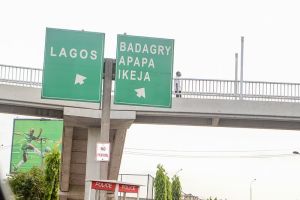2 Potential Supreme Court Cases Christians Should Know About

Rowan County v. Lund
The case centers around the commissioners of the North Carolina county, who begin their twice-monthly meetings with a prayer.
The commissioners take turns leading the prayers and the prayers usually begin with a call for invocation — a statement like: "let us bow our heads and pray."
Because a number of community members objected to the prayer, which is usually Christian in nature, a lawsuit was filed in federal district court on grounds that citizens felt coerced to pray.
The district court ruled that the practice did violate the Establishment Clause. After a three judge panel of the Fourth Circuit ruled that the prayer practice did not violate the Constitution, the case was then taken up en banc before the entire Fourth Circuit. The en banc Fourth Circuit ruled against the prayer.
The Fourth Circuit's ruling comes as the U.S. Sixth Circuit Court of Appeals sided with the commissioners in Jackson County, Michigan, last year when their prayer practice was challenged.
This summer, however, the Supreme Court declined to hear both the Rowan County case and the Jackson County case despite the differing outcomes between the circuits.
"How does it work out where you have one circuit that says a similar type of legislative prayer violates the Establishment Clause but you go a couple of states away and it doesn't?" ADF Senior Counsel David Courtman asked. "I was a little bit surprised that the court didn't take up those cases because whenever you have somewhere around 30 appellate court justices disagreeing on an issue, that's a perfect invitation for the court to take the case and clarify and clean up that conflict that is there so that the law is uniform for how to engage in that practice."
Courtman said that cases like Rowan County and Jackson County are simply part of a progression in legislative prayer cases that the nation has seen play out of the last several decades. He said that in the 1980s, there was the case of Mash v. Chambers, which tackled the base question of whether legislative prayer cases are constitutional and the prayers were upheld in that case.
"[Then the] challenge was maybe you can have [the prayers] but you can't have them if they are sectarian, you can't have them if they are Christian," Courtman said. "The Supreme Court ruled in the [2014] Town of Greece [case] that is permissible."
Courtman asserts that the next question in the progression trying to be answered in the Rowan County case and Jackson County case is "who can pray."
"Now, it's OK if you have prayer and its OK if they are sectarian but now the question is who can pray," he added. "[The argument is] it is OK to bring in outside people or bring in a chaplain but if you have the commissioners themselves do it, well now, it is unconstitutional. The next question that is being litigated is who can pray?"
Luchenitser offered his thoughts on why the court didn't grant a review this summer in the Rowan case.
"Maybe the court thought it was too soon after Greece to take another legislative prayer case," Luchenitser said. "Maybe it wanted to wait and see how other circuits would address similar issues in the future. Maybe there just weren't four justices that were troubled by the result. The court didn't want to take the Bormuth [v. Jackson County] case because there were issues about what was properly in the record in that case."




























